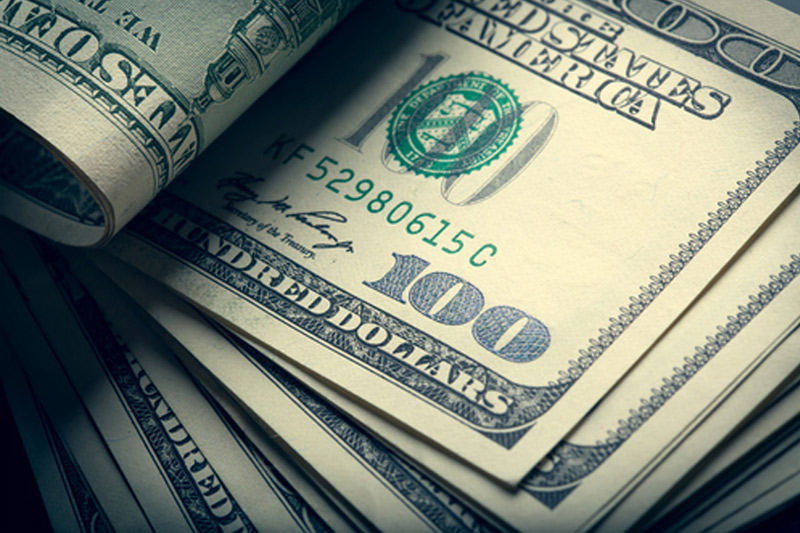* Heightened U.S.-N.Korea tensions remain focal point
* Dollar/yen inches up from Friday's near 4-month low
* Soft U.S. CPI data dampens Fed rate rise expectations
By Masayuki Kitano
SINGAPORE, Aug 14 (Reuters) - The dollar edged higher against the yen on Monday, trading above last week's near 4-month low, with rising tensions between the United States and North Korea seen as the key to the near-term outlook.
In addition to worries over geopolitical risks, the dollar came under pressure on Friday after softer-than-expected inflation data for July dampened expectations for another Federal Reserve interest rate hike this year.
The dollar inched up 0.1 percent to 109.29 yen JPY= , edging away from Friday's low of 108.72 yen, the greenback's lowest level since April 19.
Heightened tensions between the United States and North Korea, which triggered falls in riskier assets last week, are seen likely to remain a focal point for markets in the near term.
"This uncertainty isn't going to disappear immediately," said Masafumi Yamamoto, chief currency strategist for Mizuho Securities in Tokyo.
"The dollar is now close to the bottom of a 108 yen to 115 yen range. If tensions escalate further, then there would be an increased risk of a drop to levels below 108 yen," he said.
The dollar has traded roughly between 108 yen and 115 yen in the past several months, and has support on technical charts at 108.13 yen, the low struck on April 17.
A drop below that level would take the dollar to its lowest levels since last November, and analysts say its fall might pick up steam if it breaks below the 108.00 yen level.
The yen showed limited reaction to data on Monday showing that Japan's economy expanded at an annualised rate of 4.0 percent in April-June, the fastest pace of growth since January-March 2015. yen had gained a lift last week after U.S. President Donald Trump warned North Korea that it would face "fire and fury" if it threatened the United States. That prompted North Korea to say it was considering firing missiles at Guam, a U.S.-held Pacific island.
The Swiss franc and the yen are often sought in times of geopolitical tension or global financial stress, partly because both Switzerland and Japan have big current account surpluses. Japan is the world's biggest creditor nation and there is an assumption that Japanese investors would repatriate their foreign holdings in times of heightened global uncertainty.
The dollar index, which measures the greenback against a basket of six major currencies, held steady at 93.096 .DXY , after slipping around 0.3 percent on Friday.
Subdued U.S. inflation data released on Friday added to doubts as to whether the Fed would raise interest rates again this year, weighing on the dollar.
Friday's data showed the U.S. consumer price index edged up just 0.1 percent last month after it was unchanged in June. Economists polled by Reuters had forecast the CPI rising 0.2 percent in July. euro edged up 0.1 percent to $1.1824 EUR= .
